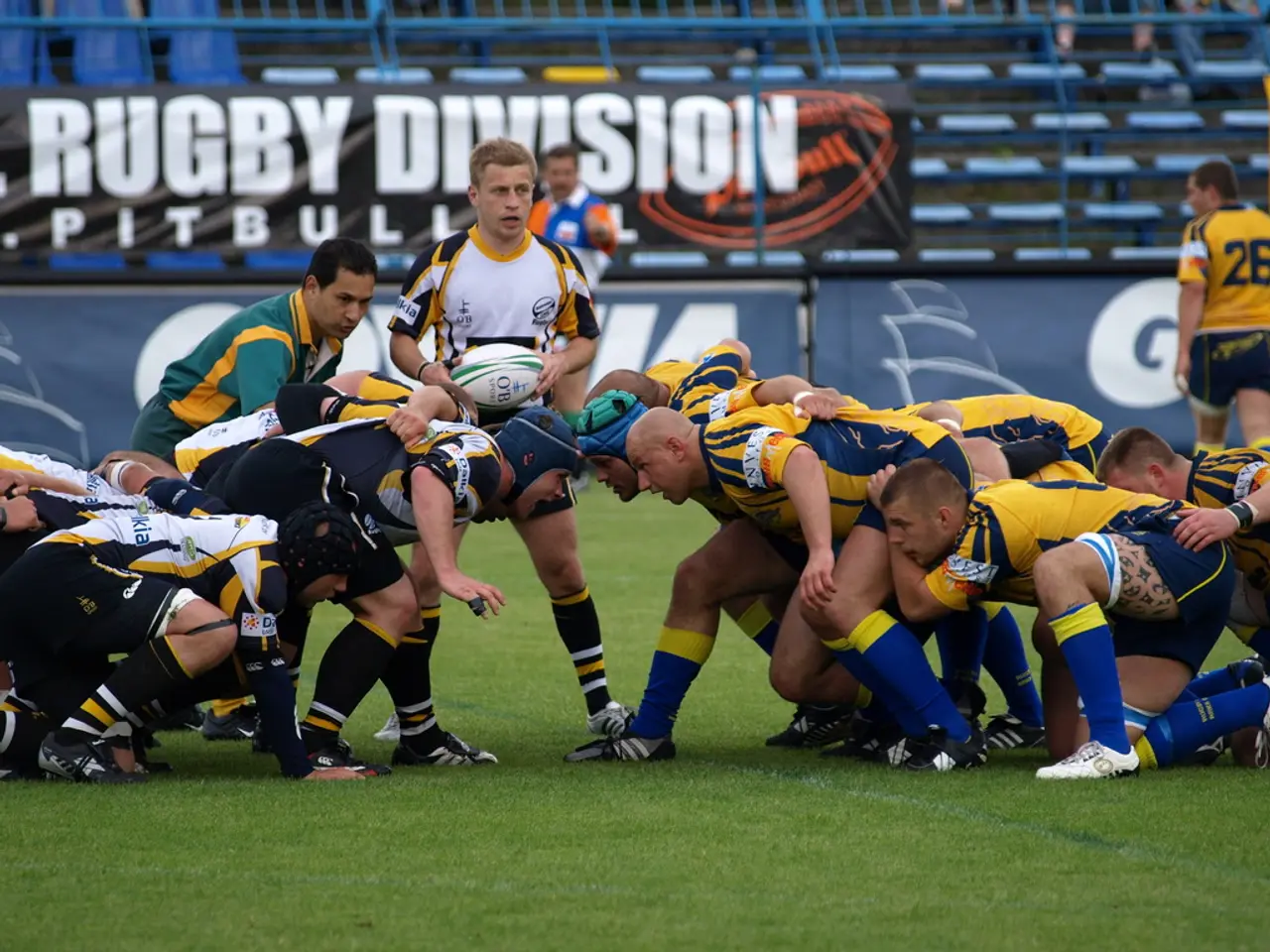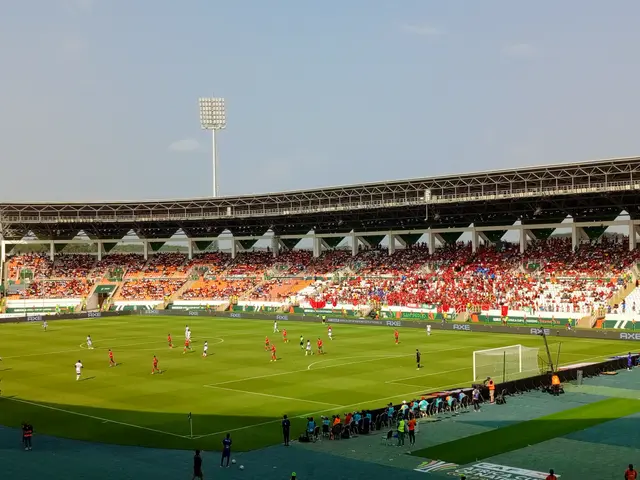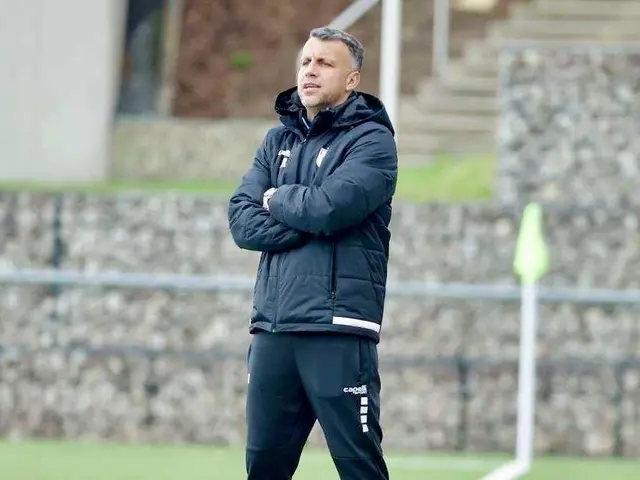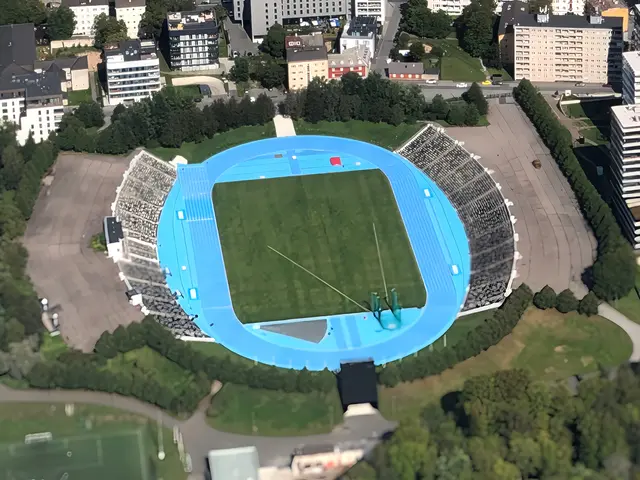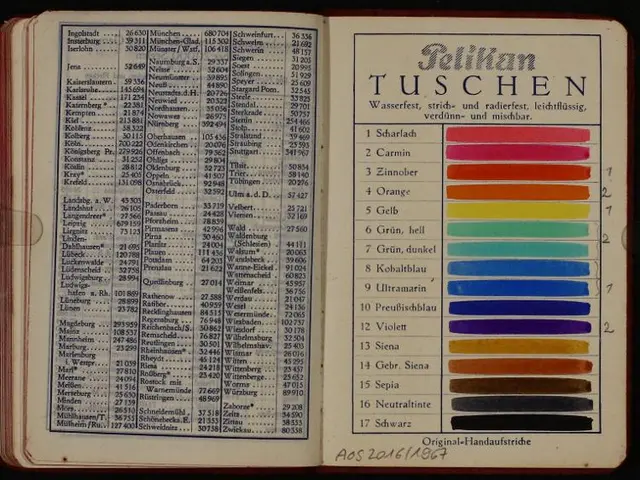Australian Rugby League Reflexes Wider Shifts in Australian Male Identity
Rugby League Challenges Traditional Notions of Masculinity in Australia
Rugby League, a sport deeply rooted in Australian culture, has long been associated with a "hard man" masculinity, emphasising physical strength, resilience, and emotional toughness. However, recent shifts in the sport suggest a challenge to these traditional masculinity norms.
Historically, Rugby League has reinforced a rugged, tough male image, aligning with broader Australian cultural values of ruggedness and stoicism. Many players and fans see the sport as a space to perform and validate these masculine ideals. Yet, personal narratives from players reveal tensions within this cultural ideal.
Former NRL athlete Luke Bateman, for instance, shares his secret enjoyment of fantasy fiction, hidden due to perceived 'soft' or unmanly interests, reflecting how the sport's masculine norms can suppress emotional expression and vulnerability.
These traditional masculinity norms have faced challenges from the women's liberation movement and ongoing discussions about "toxic masculinity". There is growing recognition that men in sport may benefit from "liberation" from restrictive masculine norms, allowing for more diverse expressions of identity beyond toughness and emotional repression.
Rugby League's influence on masculinity must be understood within Australia’s pluralistic culture, which values egalitarianism but also retains legacy Anglo-Celtic notions of male toughness and mateship. Sport is a key arena for performing these identities.
The evolving conversation around masculinity, including challenges to sexism and gender stereotyping in Australian sport, highlights the role Rugby League can play in either entrenching or shifting these social norms. While the sport reinforces certain male stereotypes, it also provides a platform for questioning and expanding masculine norms in line with wider societal changes related to gender and identity.
The rise in women's participation in Rugby League sends a strong message about shared values and opportunities. The sport has become a platform for discussions on masculinity and ethics, with teams and players often engaging in campaigns that highlight respect and equality.
Rugby League serves as a mirror, reflecting shifting attitudes towards masculinity in Australian culture. Players are increasingly seen speaking out on topics such as mental health and domestic violence. Sportsmanship, respect for opponents, coaches, and referees, and teamwork, fostering a sense of community and helping players develop as individuals, are key in Rugby League.
Embracing female athletes, players like Johnathan Thurston and Sam Thaiday demonstrate the values of leadership, respect, and connection to roots and community. The new vision of masculinity will resonate well beyond the field, influencing culture and community as a whole.
In conclusion, Rugby League in Australia has historically reinforced a form of traditional, rugged masculinity linked to physicality and stoicism. However, the sport increasingly serves as a venue for questioning and expanding masculine norms in line with wider societal changes related to gender and identity. The new vision of masculinity will emphasise empathy, teamwork, inclusivity, and resilience, redefining what it means to be a man today.
Read also:
- Weekly happenings in the German Federal Parliament (Bundestag)
- Southwest region's most popular posts, accompanied by an inquiry:
- Discussion between Putin and Trump in Alaska could potentially overshadow Ukraine's concerns
- Massive 8.8 earthquake hits off the coast of Russia's Kamchatka Peninsula, prompting Japan to issue a tsunami alert.
